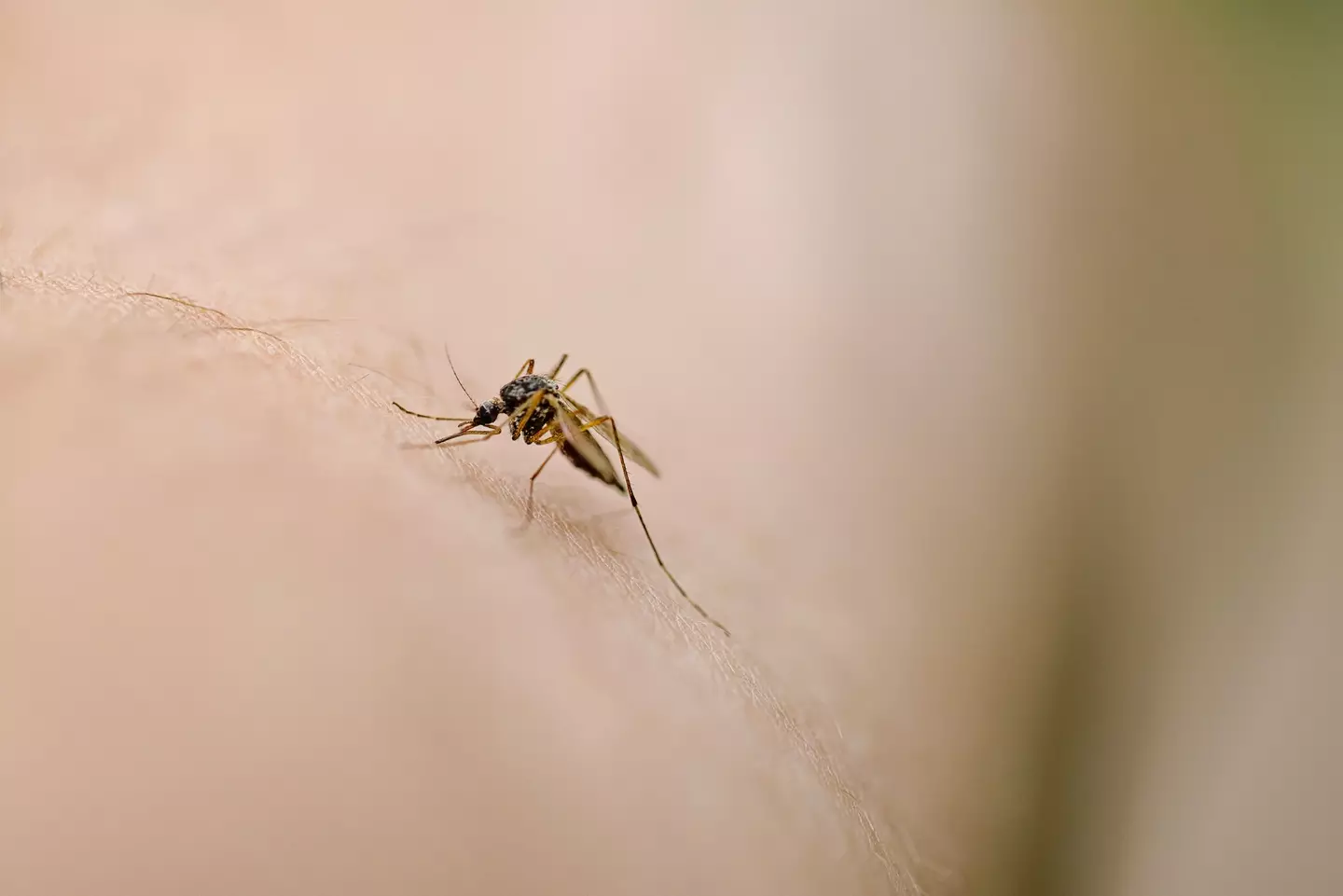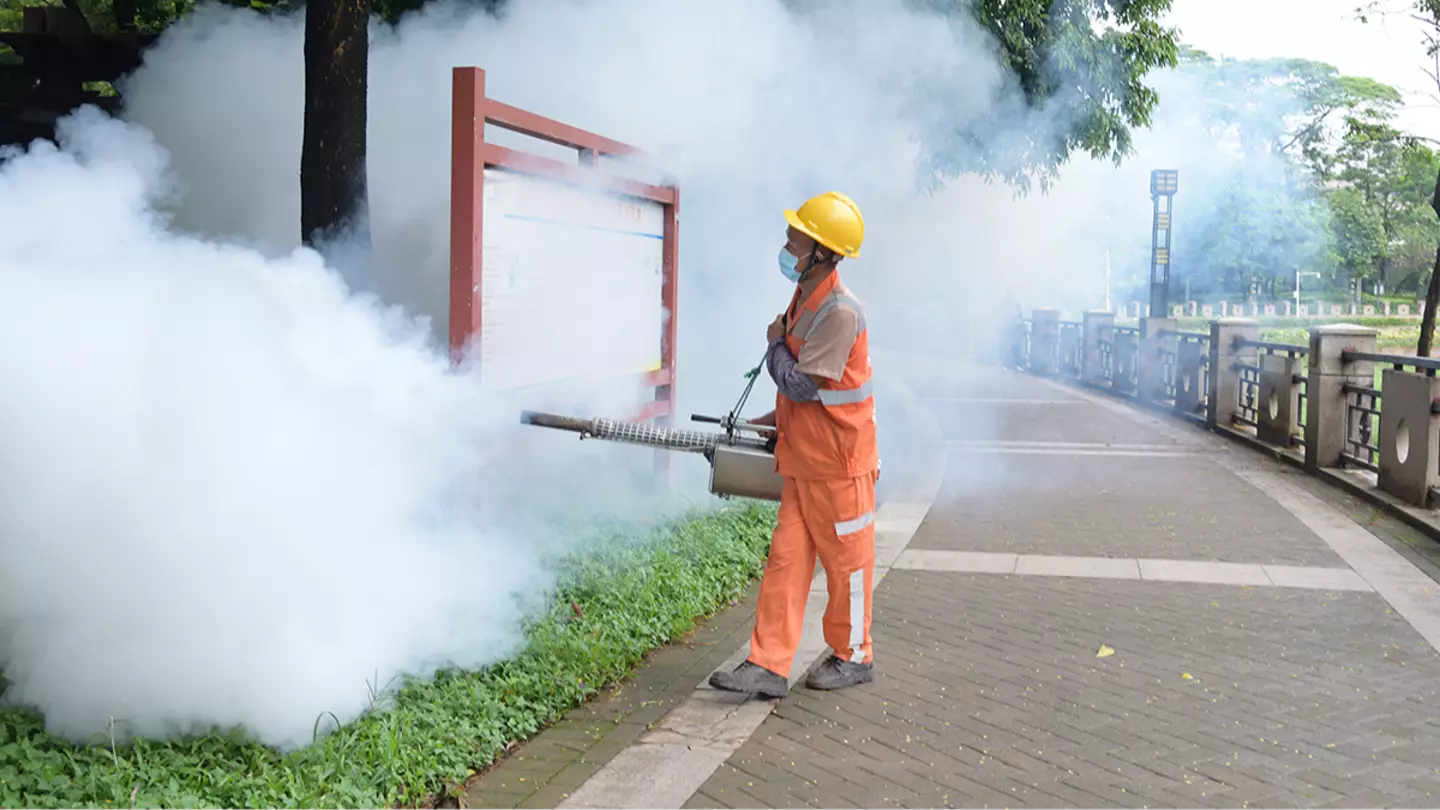A critical alert has been delivered to tourists heading to China as efforts to curb the Chikungunya virus intensify, following reports of 7,000 cases.
The Chikungunya virus is transmitted through bites from infected mosquitoes and has been previously documented in regions such as Africa, the Americas, Asia, Europe, and islands in the Indian and Pacific Oceans.
China is following the World Health Organization’s guidance to combat the virus. The WHO suggests that the most effective method of prevention is to remove mosquito breeding sites.
Experts emphasize the importance of eliminating stagnant water sources, advising residents to clear these out from their homes, including items like flowerpots, bottles, and coffee machines.

The Centers for Disease Control and Prevention (CDC) has now issued a level two travel alert for the Guangdong Province in China due to a chikungunya outbreak.
The city of Foshan is at the center of this outbreak, prompting the implementation of measures reminiscent of COVID times, according to the New York Post.
A level two travel advisory suggests travelers should ‘practice enhanced precautions’ after the chikungunya virus affected numerous individuals in China.
The CDC advises: “You can protect yourself by preventing mosquito bites, which includes using insect repellent; wearing long-sleeved shirts and pants; and staying in places with air conditioning or that have screens on the windows and doors.”
Travelers heading to areas experiencing a chikungunya outbreak are recommended to get vaccinated, with two vaccines currently approved for use in the US.
The CDC has a list of recommendations to help prevent infection, such as avoiding areas with standing water where mosquitoes thrive.
The CDC notes that most individuals infected with the virus will display symptoms three to seven days after being bitten by an infected mosquito.
The severity of these symptoms can vary, with certain demographics being at higher risk.

As with many viral infections, newborns and individuals over 65 years old are more vulnerable, along with those suffering from conditions like high blood pressure, diabetes, and heart disease.
Typical symptoms include fever, joint pain, headaches, muscle pain, joint swelling, and rashes.
The CDC advises pregnant women to reconsider traveling to areas in China affected by the virus, as in rare cases, chikungunya can be passed from mother to child during childbirth.
Though infrequent, this transmission method poses a significant risk to newborns.

